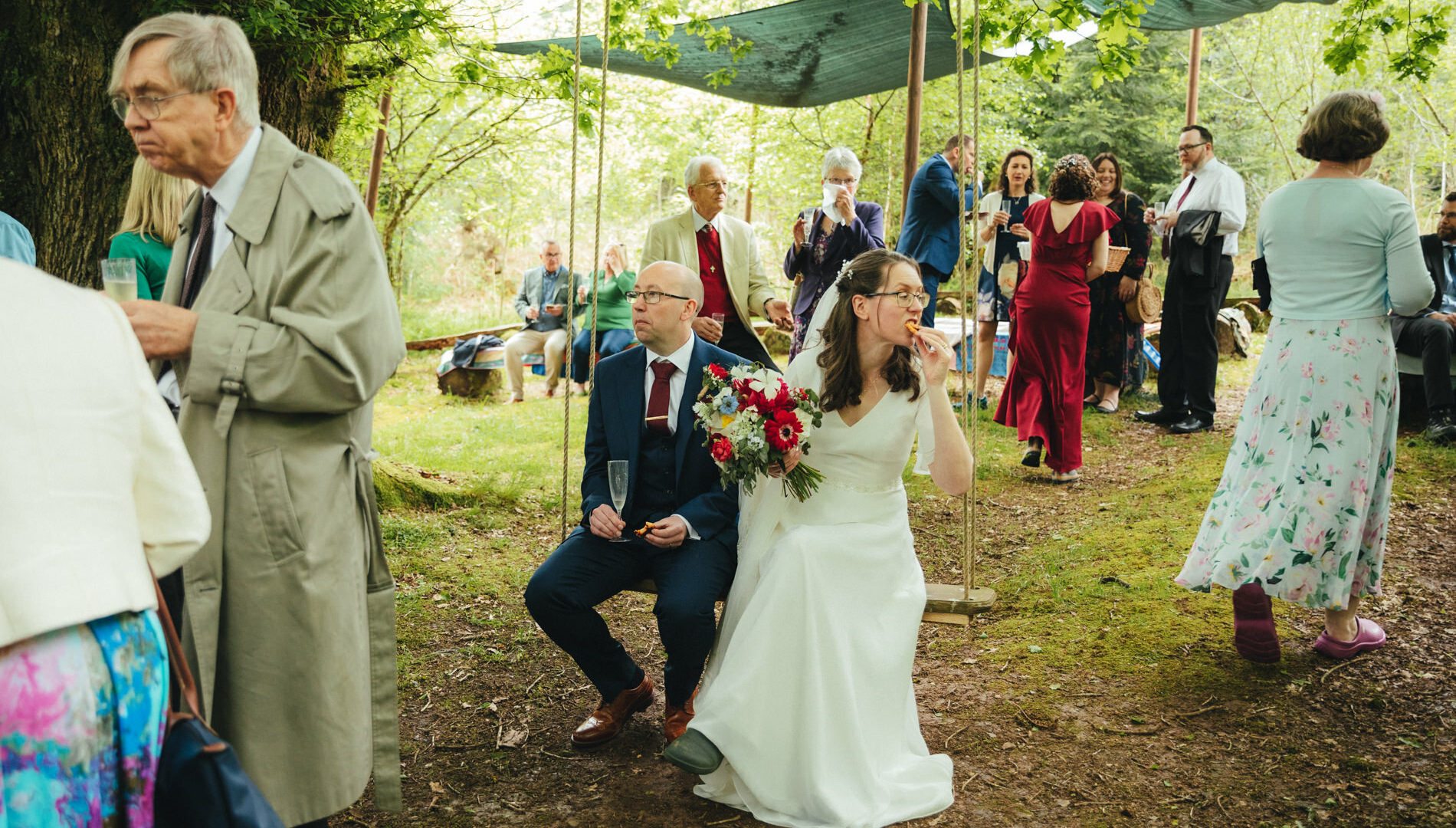The director and set designer took over the management of the Théâtre de l’Odéon in 2016 and rolls out a vision based on openness and diversity.
In 1782, the Théâtre National de l’Odéon was inaugurated as a base for the Théâtre-Français (or Comédie-Française) troupe of actors. Now called the Odéon-Théâtre de l’Europe, it is a place where generations and artistic trends intersect through its historic auditorium in the heart of old Paris and its Ateliers Berthier, ideally located in Greater Paris.
At the helm of this historic establishment, we meet Stéphane Braunschweig. Since 2016 the director and set designer has made it his mission to introduce the public to a young generation of cosmopolitan artists, while supporting Sylvain Creuzevault, Caroline Guiela Nguyen, Christiane Jatahy and Simon Stone during his first term, and the British artist Alexander Zeldin since this year. This policy and commitment to diversity was highlighted by the Ministry of Culture when it renewed his position at the start of the year.

Stéphane Braunschweig began producing shows whilst studying at the École Normale Supérieure in Paris. He subsequently received tuition from Antoine Vitez, director at the time of the Théâtre de Chaillot. He went on to successively direct the National Dramatic Centre of Orléans, the National Theatre of Strasbourg and its school, the National Theatre of La Colline and now the Odéon. “I see myself first and foremost as a director and an artist before being a venue manager. I have staged some 75 shows since 1988, including twenty operas in France and abroad. I always sign off the scenographies of my shows and sometimes even their translations. […] The role of manager is a whole other job, it is a responsibility that I have always wanted to take on because I think it’s important that artists run institutions, it gives them a whole new colour.”
When the Odeon-Théâtre de l’Europe was founded by Giorgio Strehler and Jack Lang, the idea of the Théâtre de l’Europe was born to host or co-produce European shows and to assert a multiple, complex, opposing cultural identity, and yet one that is still recognisable as the common thread that weaves our history. The Odéon theatre has played a decisive and, as it were, militant role in the defence of a certain cultural Europe. A Europe which today is questioning its place in the world and is now being led to rethink itself, to do better. Stéphane Braunschweig tells us how, even as a student, it is a theatre that made a big impression on him with its great foreign shows – Russian, Polish, English and more. “I have spent many a time on foreign stages and my artistic work is influenced by the great European artists. I want to defend this theatre, this breaking down of borders and be shaken up by other traditions.”

Accompanied by Didier Juillard as director of programming, Stéphane Braunschweig opens the theatre’s doors to young artists from all walks of life who will be, in their opinion, the great artists of tomorrow. “It is the standoff between the big names and more emerging artists that makes our programming so unique.” Latin American artists, for example, often work with few resources but with “the urgency of a stimulating necessity“; others from the Middle East or Africa are trying to capture the shifting reality of their countries at the borders of Europe. There are so many of these artists who should interest us just as much as the great masters of European theatre. “I schedule what I want to see with strong, innovative or deep artistic actions. I want to keep this curiosity alive and not stagnate in the same programmes and artists.”
Like most places of culture, the Odéon’s doors have been closed for the past 8 months and more than 350 performances have been cancelled, drastically reducing the opportunities for exchange between the institution and its audience. Concerned about this situation, the director insists on the role of artists in our understanding of others and self-enrichment. “Artists should be people who cross borders. I am always very worried by these nationalist characters, these fashions for withdrawing into national identities that are such depleted sources.” Europe is riddled with the same questions: the planet, growth, fear of the future, isolationism, xenophobia and inter-community hatred, terrorism…and wonders what shape the world is going to take. Convinced that young artists feel these questions more keenly, Stéphane Braunschweig wants even more to show the world through their eyes.

The Théâtre de l’Odéon is a committed stage, committed to promoting diversity. Thanks to the support of partners such as Maison Taittinger, the theatre travels throughout France playing to a theatre-going and informed public, to schools, priority, precarious or disabled audiences to offer them a degree of artistic awakening and a different perspective on our contemporary issues.




